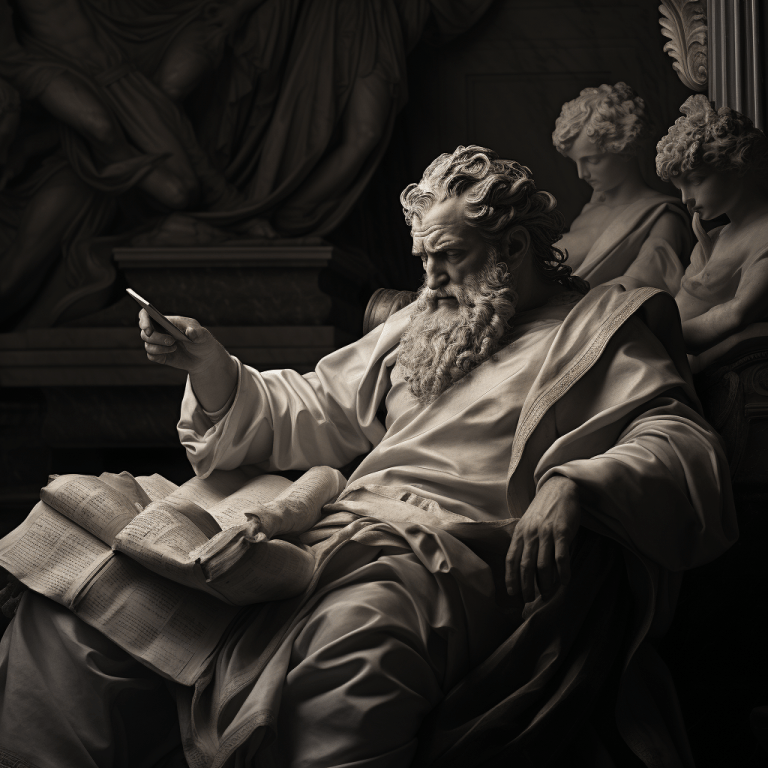What is eternal truth for Plato? Plato, an ancient Greek philosopher, had a unique perspective on the concept of eternal truth. According to Plato’s philosophy, true knowledge lies beyond the physical world we perceive with our senses. He believed that there exists a realm of eternal forms, which are perfect and unchanging entities that represent the essence or essential nature of things.
In Plato’s view, human beings have an innate knowledge of these eternal forms. He argued that our souls exist prior to birth and possess this pre-existing knowledge. Through his famous allegory of the cave in “The Republic,” Plato describes how individuals can ascend from ignorance and gain true understanding by escaping the illusions of the material world.
What Is Eternal Truth for Plato?
For Plato, objective truth is found in the realm of forms rather than in the constantly changing material world. He refers to this as “true reality” or “ultimate reality.” Material objects in the physical world are mere reflections or imperfect imitations of these eternal forms. For example, while we may encounter many triangles in our everyday lives, none can perfectly embody the form of a triangle as it exists in its ideal state.
Plato’s theory of forms has had a significant influence on Western philosophy and continues to be studied and debated by scholars today. His ideas about innate knowledge and objective truth laid the foundation for his vision of a good society ruled by philosopher kings who possess true wisdom and understanding.
In Plato’s philosophy, the concept of eternal truth holds great significance. As an ancient Greek philosopher, Plato believed in a reality beyond the physical world that he referred to as the realm of eternal forms. According to Plato, true knowledge and understanding lie in grasping these eternal forms.
Plato’s theory of forms suggests that the material objects we perceive with our senses are mere copies or imitations of these eternal forms. While the physical world is subject to constant change and imperfection, the forms exist eternally and embody the essential nature of things. For example, there may be many different triangles in the visible world, but they all imperfectly participate in the eternal form of a triangle.
Plato argues that human beings have an innate knowledge of these forms within their souls. He describes this knowledge as coming from a previous life where our souls were acquainted with ultimate reality. In his dialogues, Plato refers to this innate knowledge as reminiscence or recollection.
According to Plato’s philosophy, achieving true understanding involves moving beyond mere opinion based on sensory perception and developing correct beliefs guided by reason and rationality. The highest level of knowledge is attained when one’s soul recognizes and contemplates these eternal forms.
Plato also applies his theory of forms to political philosophy, suggesting that a good society should be governed by philosopher kings who possess true knowledge and understanding of the forms. These philosopher kings would rule with wisdom and guide society towards justice and virtue.
It is important to note that while many philosophers have criticized aspects of Plato’s views on eternal truth and his theory of forms, his ideas have had a profound influence on Western civilization. His exploration into objective truth and the search for ultimate reality continues to shape philosophical discourse.
In conclusion, for Plato, eternal truth lies in grasping the timeless existence of universal concepts or forms beyond our material world. Through innate knowledge and contemplation of these truths, one can attain a deeper understanding of reality and strive toward a more enlightened existence.

